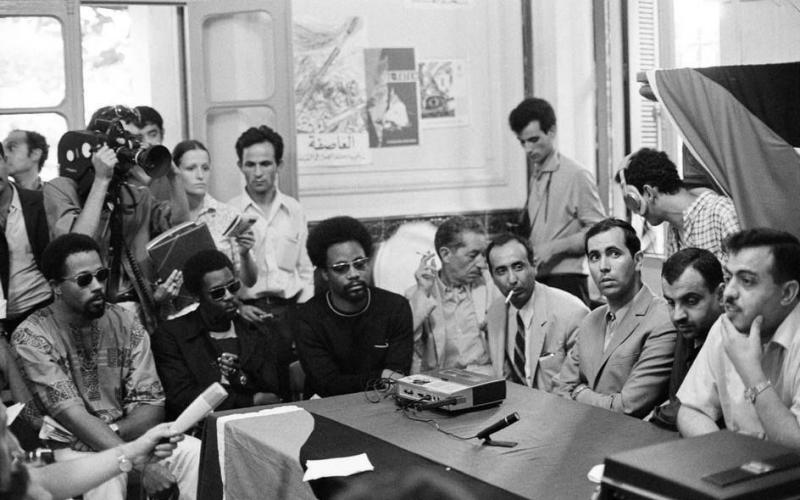by ABAYOMI AZIKIWE

Five decades ago thousands gathered in Algiers to recommit to revolutionary transformation around the world.
Fifty years ago, this year from 21-31 July 1969 in the capital of Algeria, thousands of people gathered for a ground-breaking Pan-African Cultural Festival (PACF).
Official delegations were sent to the manifestation from over 30 independent and contested nations on the African continent. A strong contingent of artists, intellectuals, journalists and political activists from the United States were also in attendance.
This ten-day extravaganza had been in the making for two years after it was mandated by the Organisation of African Unity (OAU) in 1967. The location of Algeria was significant in light of the protracted armed struggle waged against French colonialism by the people of this North African state beginning in 1954 and extending to 1961.
Algeria gained its independence in 1962 under the vanguard armed organisation turned political party, the National Liberation Front (FLN), whose charismatic leader President Ben Bella exemplified the emerging youthful and foresighted figures shaping the progressive currents within the post-World War II period. The formation of the Conference of Independent African States and the All-African People’s Conference in April and December of 1958 respectively in Ghana under the presidency of Kwame Nkrumah, had laid the framework for the OAU, established in Addis Ababa, Ethiopia on 25 May 1963.
However, the African independence movements which gained strength after 1945 were not of the same political orientation. Ideological and philosophical divergence would surface based largely upon the class character of the individuals and organisations involved in the struggle.
In many respects the PACF of 1969 was designed to emphasise the anti-colonial, anti-capitalist and anti-imperialist character of the independence and post-independence movements and parties. The invitations extended to the African American delegates were based upon the notions of revolutionary Pan-Africanism and Proletarian Internationalism.
Just three years prior to the PACF, there had been a First Festival of the Negro in the Arts held in Dakar, Senegal convened in April 1966. The then President Leopold Senghor was an artist as well as a politician. He embodied the cultural philosophy of Negritude, which had been synchronised by Martinique-born Aimé Césaire through his poetry and discourse.
Frantz Fanon, also of Martinique, a French colonial territory in the Caribbean, had been influenced by Césaire in his early years. Fanon, who was trained in psychiatric medicine in Lyon, France after fleeing the Vichy fascist regime on the island and later being enlisted in the Free French Forces, broke with the Negritude approach while working in Algeria during the revolutionary war of liberation. Fanon would join the FLN and served the movement as a journalist and diplomat.
The Dakar festival of 1966 came in the immediate aftermath of the United States engineered military and police coup against the Convention People’s Party government of Nkrumah in Ghana. If not widely known and appreciated at the time, the Festival was encouraged by the US and the imperialist nations, particularly France, which had formerly colonised Senegal.
Pambazuka for more
